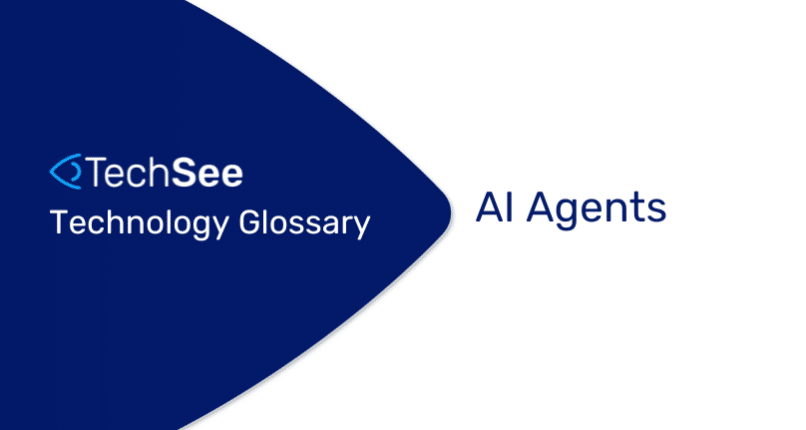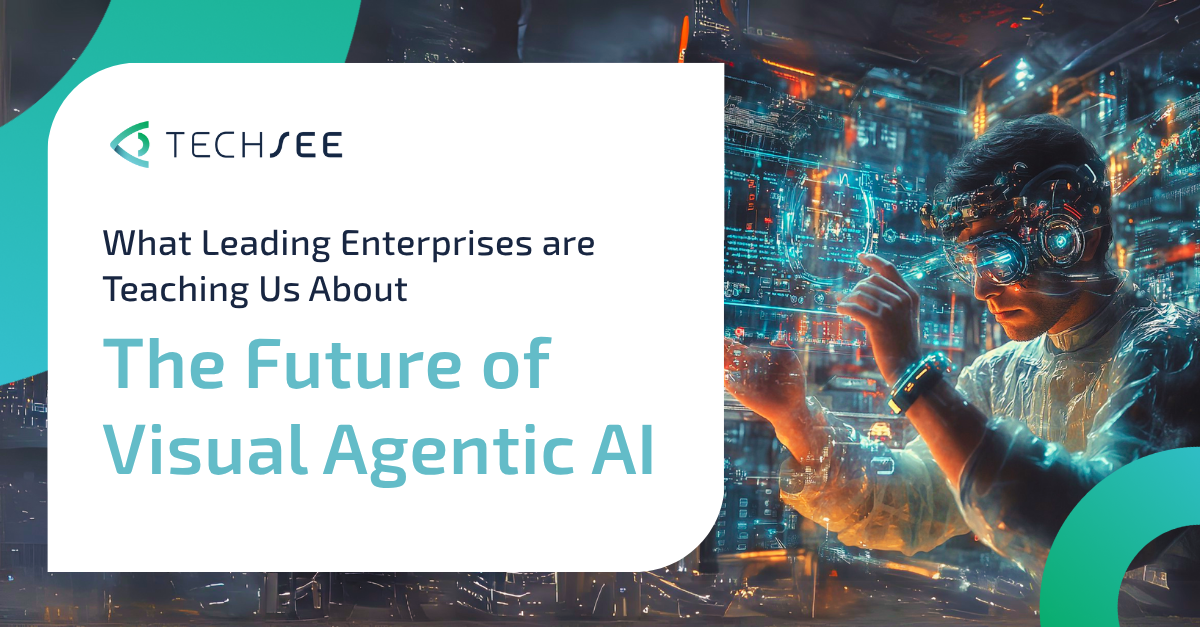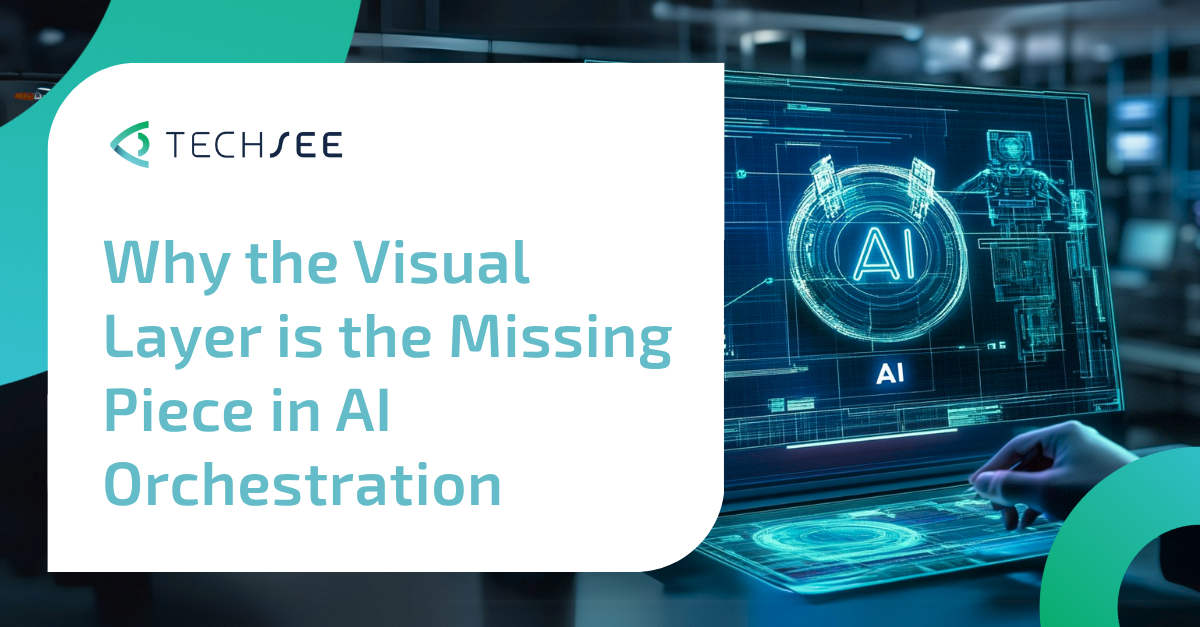What are AI Agents?
AI Agents are autonomous systems designed to perform specific tasks or services independently using advanced artificial intelligence technologies. These virtual agents are capable of understanding, processing, and responding to user queries, mimicking human-like interactions. These agents can be deployed across various sectors, including customer service, retail, healthcare, finance, and more, providing efficient and consistent support without human intervention.
In the context of service and CX, AI Agents are fully automated service agents capable of addressing any first-line agent issue fully autonomously. This means they can handle common and repetitive tasks such as answering FAQs, troubleshooting technical problems, processing orders, and providing general support without needing human assistance.
Role of AI Agents in Customer Service and CX
- Handling Tier 1 Inquiries:
First-Line Support: AI agents are designed to manage Tier 1 support issues, which typically involve common and straightforward problems. These include resetting passwords, checking account statuses, providing product information, and other routine inquiries. By automating these tasks, these agents free up human agents to focus on more complex issues, improving overall efficiency and response times. - 24/7 Availability
Continuous Service: These agents can operate round the clock, ensuring that customer support is always available, regardless of time zones or business hours. This 24/7 availability enhances customer satisfaction by providing immediate assistance whenever needed. - Consistency and Accuracy
Reliable Responses: Unlike human agents, AI agents do not suffer from fatigue or variability in performance. They provide consistent and accurate responses every time, ensuring a uniform customer experience. This reliability is crucial for maintaining high standards of customer service. - Scalability
Handling Volume: Automated agents can handle a large volume of queries simultaneously without any degradation in performance. This scalability is particularly beneficial during peak times or for businesses experiencing rapid growth, as it ensures that customer inquiries are managed efficiently.
Role of Large Language Models (LLMs), Visual AI, and Generative AI in Enhancing AI Agents
- Understanding User Queries
Large Language Models (LLMs): AI agents leverage advanced LLMs to comprehend and generate human-like responses. These models are trained on vast datasets, enabling them to understand context, infer meaning, and respond accurately to a wide range of user queries. By utilizing LLMs, these agents can provide more precise and contextually relevant answers, enhancing the quality of interactions. - Visually Guiding the User
- Visual AI: Visual AI capabilities allow AI agents to interpret and process visual inputs such as images and videos. This enables them to assist users in a more interactive and engaging manner. For example, an AI agent can guide a user through a product setup by recognizing the components in an image and providing step-by-step instructions visually.
- Augmented Reality (AR): In some advanced applications, these automated agents can utilize AR to overlay helpful information onto the user’s real-world environment. This can be particularly useful for technical support, where the AI agent can highlight parts of a machine that need troubleshooting directly on the user’s device screen.
- Generating Content
Generative AI: Generative AI enables automated agents to create new content based on user inputs. This can include drafting emails, generating reports, or creating personalized recommendations. By using generative AI, these agents can offer more dynamic and tailored responses, further enhancing the user experience.
Benefits of AI Agents in Service and Customer Experience
- Increased Efficiency
Automating Routine Tasks: By handling repetitive and routine tasks autonomously, AI agents significantly increase operational efficiency. Human agents can then focus on more complex and value-added activities, enhancing overall productivity. - Cost Savings
Reducing Labor Costs: Recruiting, training, and retaining human agents is expensive and time-consuming. AI agents help reduce these costs by automating many customer service tasks. This reduction in labor costs can lead to significant savings for businesses, allowing them to allocate resources to other critical areas. - Improved Customer Satisfaction
- Quick and Accurate Responses: AI-powered automated agents provide quick and accurate responses to customer queries, reducing wait times and improving the overall customer experience. The consistency and reliability of AI-powered agents ensure that customers receive the same high level of service every time.
- Personalized Interactions: By leveraging episodic memory, these automated agents can remember past interactions and preferences, allowing them to offer personalized support tailored to each customer’s needs and history.
- Data-Driven Insights
Analyzing Customer Interactions: fully automated agents can collect and analyze data from customer interactions, providing valuable insights into customer behavior and preferences. These insights can inform business strategies, product development, and marketing efforts, ultimately driving growth and improvement.
Why This Matters for Enterprise Decision Makers
For enterprise decision-makers and executives, understanding the role of AI-powered agents is crucial for several reasons:
- Strategic Implementation: Knowledge of how AI agents can enhance customer service and operational efficiency allows for more strategic implementation of AI solutions. This can lead to significant improvements in service quality and customer satisfaction.
- Resource Allocation: By automating routine tasks, fully automated agents free up human resources, allowing businesses to allocate their workforce more effectively. This can lead to increased innovation and focus on complex problem-solving.
- Competitive Advantage: Leveraging fully autonomous agents provides a competitive edge by delivering superior customer interactions and personalized experiences. Businesses that adopt AI technology can differentiate themselves in the market through improved service offerings.
- Cost Management: The high costs associated with recruiting, training, and retaining human agents can be significantly reduced by deploying AI powered agents. This allows businesses to manage expenses more effectively and invest in growth opportunities.
- Innovation and Development: Integrating advanced AI features fosters a culture of innovation within the organization. This prioritization of state-of-the-art technology in customer service and experience can drive continuous improvement and adaptability.
Conclusion
AI Agents, powered by large language models, visual AI, and generative AI, play a pivotal role in revolutionizing customer service and operational efficiency. By autonomously handling Tier 1 support issues, automated agents enhance service quality, ensure consistency, and provide 24/7 availability. The integration of LLMs, visual AI, and generative AI capabilities allows AI-powered agents to understand and interact with users in a more natural and effective manner.
For enterprise decision-makers, leveraging automated agents means improved efficiency, cost savings, and enhanced customer satisfaction. Understanding and implementing these technologies is essential for leading organizations toward innovative and customer-centric futures.
To learn more about how Sophie AI’s AI agents can benefit your organization, please schedule your complimentary demo today.





